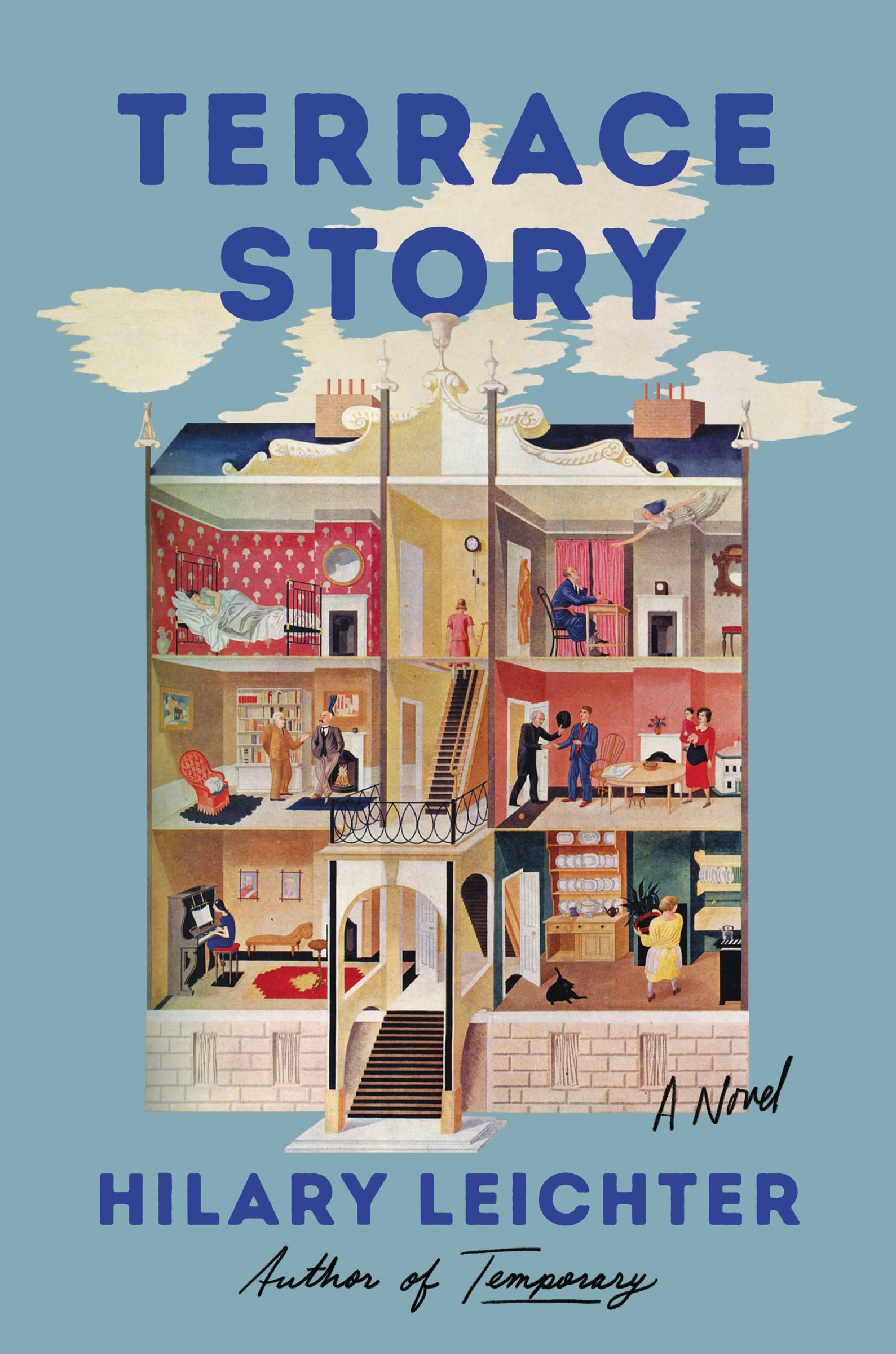Few things excite me more than digging into a really good book that actively keeps me guessing. I’m talking about the sort of story where you think you might have an excellent idea about how the plot will develop, but you’re equally aware that you could be totally wrong. The writer invents a compelling world with superb characters, but they also won’t be spoon-feeding you any pablum. You can instantly tell that it will be a memorable journey, but you have to bring your own snacks.
Welcome to Terrace Story, the sophomore novel by Hilary Leichter.

Told across four interlocking short stories, this slyly subversive book tumbles headlong into a fascinating exploration of time, space, love, and memory. Published by Ecco, the effervescent meets the mundane on a consistent basis, and both the decisions and outcomes are never quite what they seem. All of the elements and details feel familiar, but they’re also brought together in unexpected ways without being needlessly complex. Subtlety is the name of the game, and it’s glorious.
Sitting firmly between literary and science fiction, it’s also neither, which proves to be its underlying strength. Much like in her debut novel, Temporary, Leichter possesses a powerful penchant for mood, emotion, dialogue, and description. She showcases her sharp wit and wry sensibilities with each of her characters, especially in how they perceive the world and interact to what life throws their way. The result is a tumbling, twisting tale where the various settings and activities appear absolutely normal until they aren’t.

Opening with the titular story, Terrace Story treats readers to an engaging yet tense domestic ditty about a young couple, their daughter, a friend from work, and a mysterious outdoor terrace that occasionally appears in their tiny apartment closet. “Folly” shares the slowly heartbreaking story of two married sarcastic intellectuals intertwined with a fable about a king and a hermit. “Fortress” delivers the fascinating and tenuous backstory of the work friend from “Terrace,” complete with their unique perspective on the events of the first story. “Cantilever” closes things out with aplomb – set in the near future, it speaks to some of the details about the global ecological crisis discussed obliquely throughout the book while also providing a bittersweet coda.
I simply love books that actively avoid coming to a traditional conclusion yet somehow end with a thoroughly deserved sense of completion.

Terrace Story is steeped in fraught relationship drama, spry existential ennui, and deliciously unreliable narrators. Leichter’s writing reminds me of a deft combination of Susan Minot, Alice Munro, and Ray Bradbury. I especially enjoy it when she injects her cracked sense of humor into scenarios that lesser, more fearful authors would typically avoid. If you’re in the mood for a thoughtful story with an inventive hook that also features sideways social commentary and left-field observations about humanity, you need to check out this novel.
Author photos courtesy of Sylvie Rosokoff.


